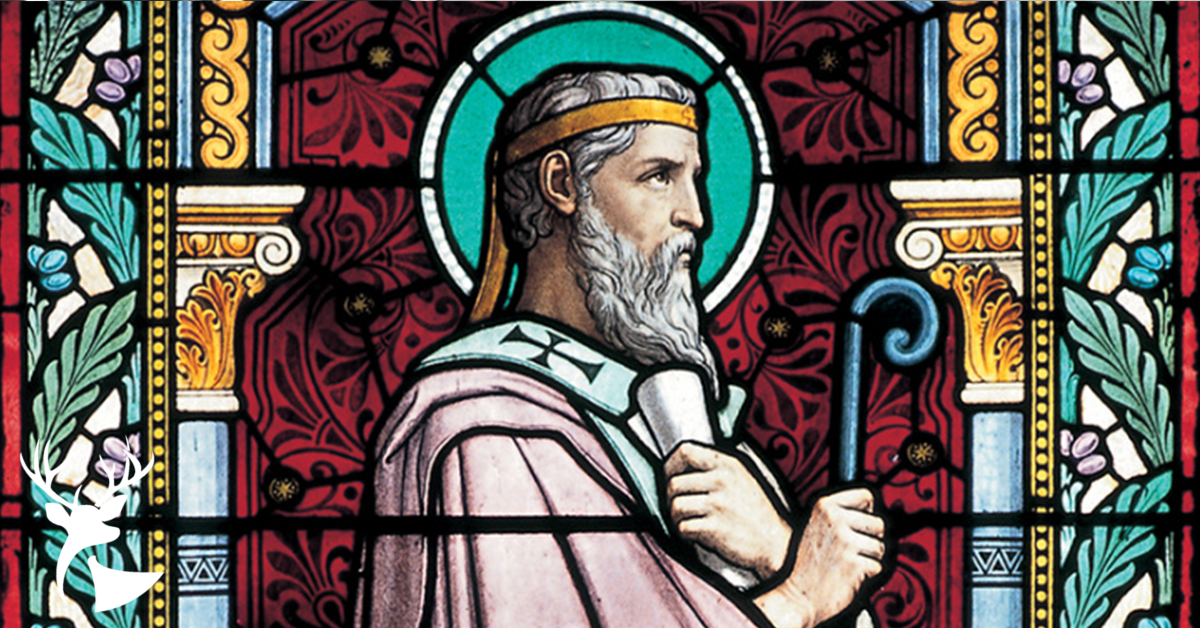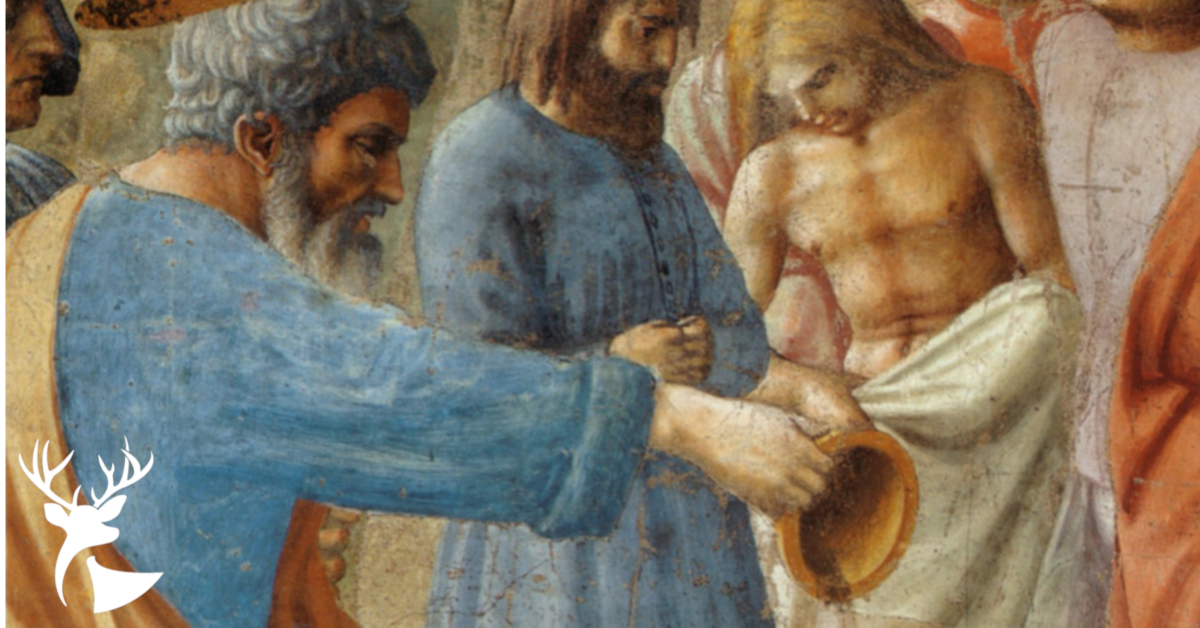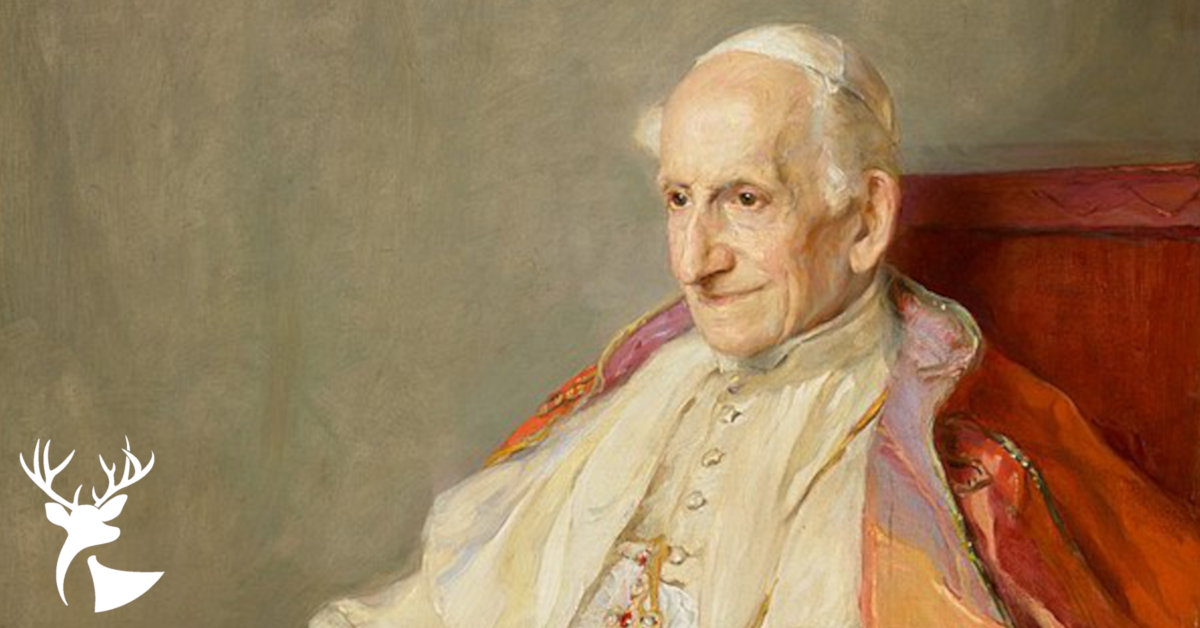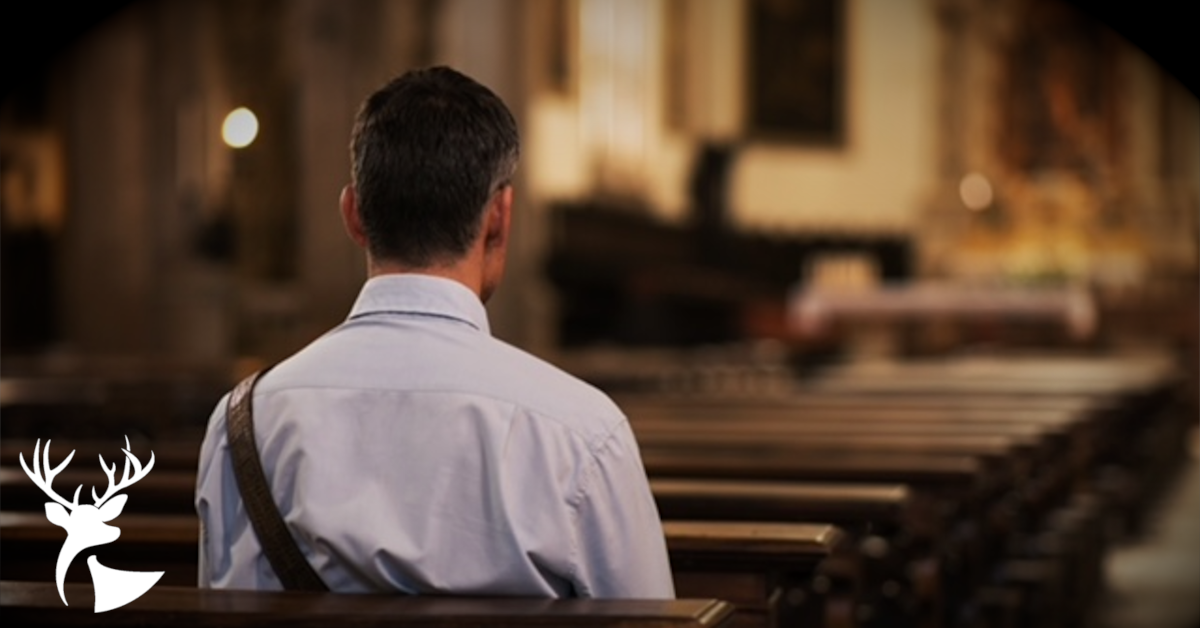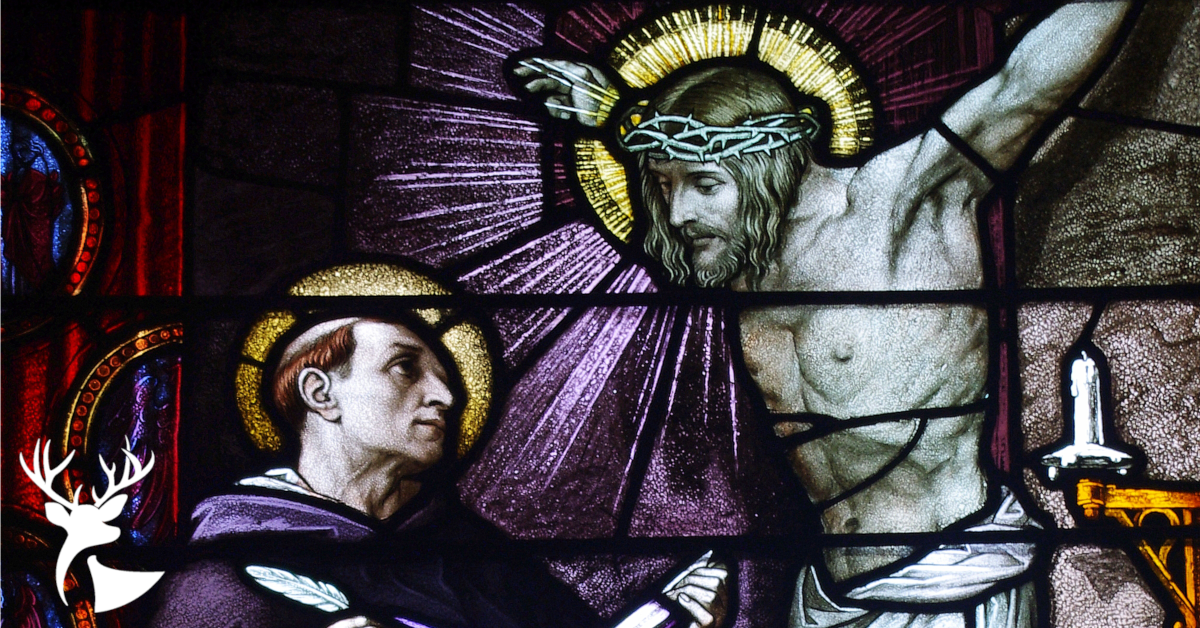
St. Thomas’s Prayer Tips
By Karlo Broussard | March 28, 2022
“Prayer is the raising up of one’s mind to God.”
—St. Thomas Aquinas, Summa theologiae II-II, q. 83, a. 17
← Return to Musings
St. Thomas’s Prayer Tips
By Karlo Broussard | March 28, 2022
“Prayer is the raising up of one’s mind to God.”
—St. Thomas Aquinas, Summa theologiae II-II, q. 83, a. 17
The Church has always emphasized prayer as one of the spiritual practices that we should undertake during the season of Lent. So, it’s worth our while reflecting a bit on it. And we can let St. Thomas Aquinas be our guide.
Aquinas has many things to say about prayer.[1] But here are three practical things that are worth highlighting.
First, our prayer shouldn’t only be mental. We should practice vocal prayer as well.[2] Our verbal words keep the mind focused on the meaning of the prayers, which in turn increases our affection for God. Moreover, using verbal words in prayer serves God with all that God has given us, both mind and body.
Second, don’t stress over whether you’ve been fully attentive in your prayer. It’s true that Aquinas says continued attention is necessary in order that the end of prayer—i.e., union with God—be better attained. But, as Aquinas points out, our lack of being fully attentive in prayer doesn’t mean our prayer isn’t fruitful.[3] The original intention with which one sets about praying is sufficient, both with regard to the prayer’s merit and the effect of our request.
Third, the duration of prayers needs to be guided by reason.[4] Although prayer should be continual with regard to the desire of charity, which Aquinas identifies as prayer’s cause, prayer considered in itself, which is understood as the actual saying of prayers, need not be continual. Aquinas teaches that our prayers need to be commensurate with their end, which is to arouse fervor of the interior desire for God. This being the case, Aquinas counsels that if our prayer “exceeds this measure, so that it cannot be continued any longer without causing weariness,” we should stop.[5] For Aquinas, our attention doesn’t have to be forced if we’re unable to keep it up. So, there’s no need to fret over whether your prayer was effective because you got distracted or weren’t fully attentive to the words.
Let’s try to keep these practical points in mind from the Angelic Doctor so that our Lenten observance of prayer can bear the fruit that our Lord wants it to bear.
[1] See Thomas Aquinas, Summa theologiae II-II, q. 83.
[2] See ST II-II, q. 83, a. 12, resp.
[3] See ST II-II, q. 83, a. 13, resp.
[4] See ST II-II, q. 83, a. 13, resp.
[5] ST II-II, q. 83, a. 14, resp.
More Reading

Karlo Broussard is a Catholic Apologist, speaker, and writer, known best for his work with Catholic Answers and personal work at karlobroussard.com





